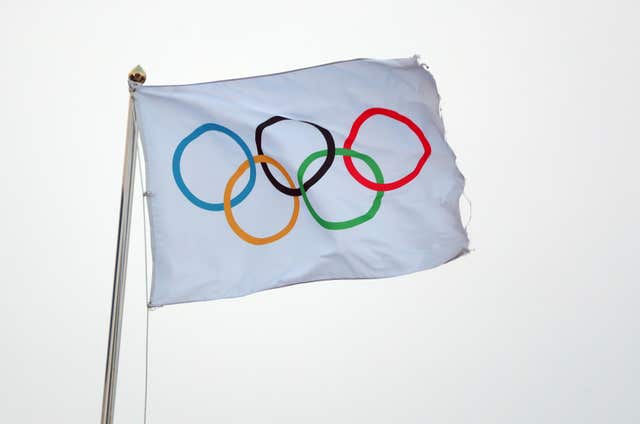Intel to use facial recognition and 3D athlete-tracking at Olympics
The computer chip-maker said facial recognition technology will help prevent ID fraud and cut waiting times.

Facial recognition technology and 3D athlete-tracking to enhance the viewing experience of the Olympic Games will be used during Tokyo 2020, Intel has said.
The computer chip-maker, which is a leading partner of the major international multi-sport event, will be able to identify more than 300,000 people at the Games in Japan, including athletes, volunteers, media and other staff.
Facial recognition cameras will appear at entry points of venues and accommodations, with the aim of preventing identification fraud and cutting down on long wait times for ID checks to be carried out.
The technology has been under the spotlight over privacy concerns in the UK, after data and privacy watchdog the Information Commissioner’s Office (ICO) said last month that it had launched an investigation into the use of facial recognition use in public spaces.

An activist from Cardiff recently lost the world’s first legal challenge over police use of facial recognition technology.
Intel will also introduce 3D athlete-tracking, which extracts the full motion of athletes from multiple 4K cameras with artificial intelligence to provide near real-time visual overlays and analysis.
“These overlay visualisations will help the worldwide viewers to better analyse and understand the different phases of the race, like the 100m run or other sprinting events of the track and field competition during the Olympics,” said Yiannis Exarchos, Olympic Channel Services executive director.
Virtual reality will be on hand to train staff, as well as offer live virtual broadcasts of the event.
“Intel is focused on delivering world-class technology integrations at the Tokyo 2020 Olympic Games to improve the experience for athletes, attendees, viewers and Games staff while also demonstrating how technology can transform businesses,” said Rick Echevarria, general manager of Intel’s Olympics Programme.
“We are excited to make the first of a series of announcements about our role in the Tokyo 2020 Olympic Games.”





